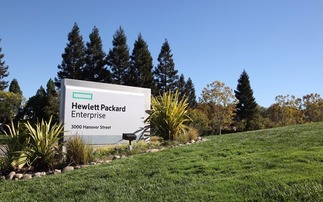'It's a bold step into the future' says Ballmer
Microsoft is to buy Nokia's mobile phone business and license its patents in a deal worth $7.2bn (£4.6bn). In an email to employees, Microsoft CEO Steve Ballmer explained how Microsoft is purcha...
To continue reading this article...
Join Computing
- Unlimited access to real-time news, analysis and opinion from the technology industry
- Receive important and breaking news in our daily newsletter
- Be the first to hear about our events and awards programmes
- Join live member only interviews with IT leaders at the ‘IT Lounge’; your chance to ask your burning tech questions and have them answered
- Access to the Computing Delta hub providing market intelligence and research
- Receive our members-only newsletter with exclusive opinion pieces from senior IT Leaders




















